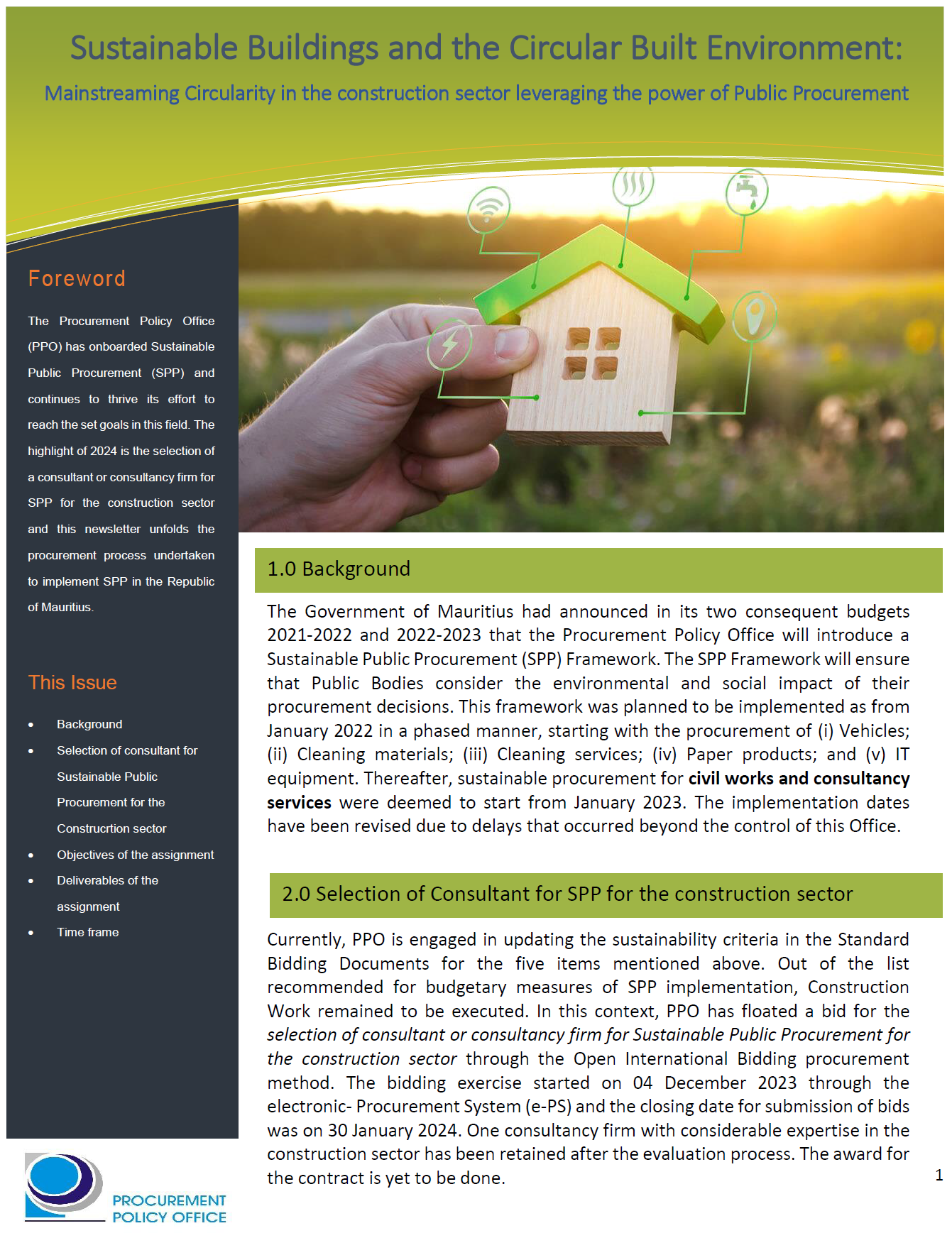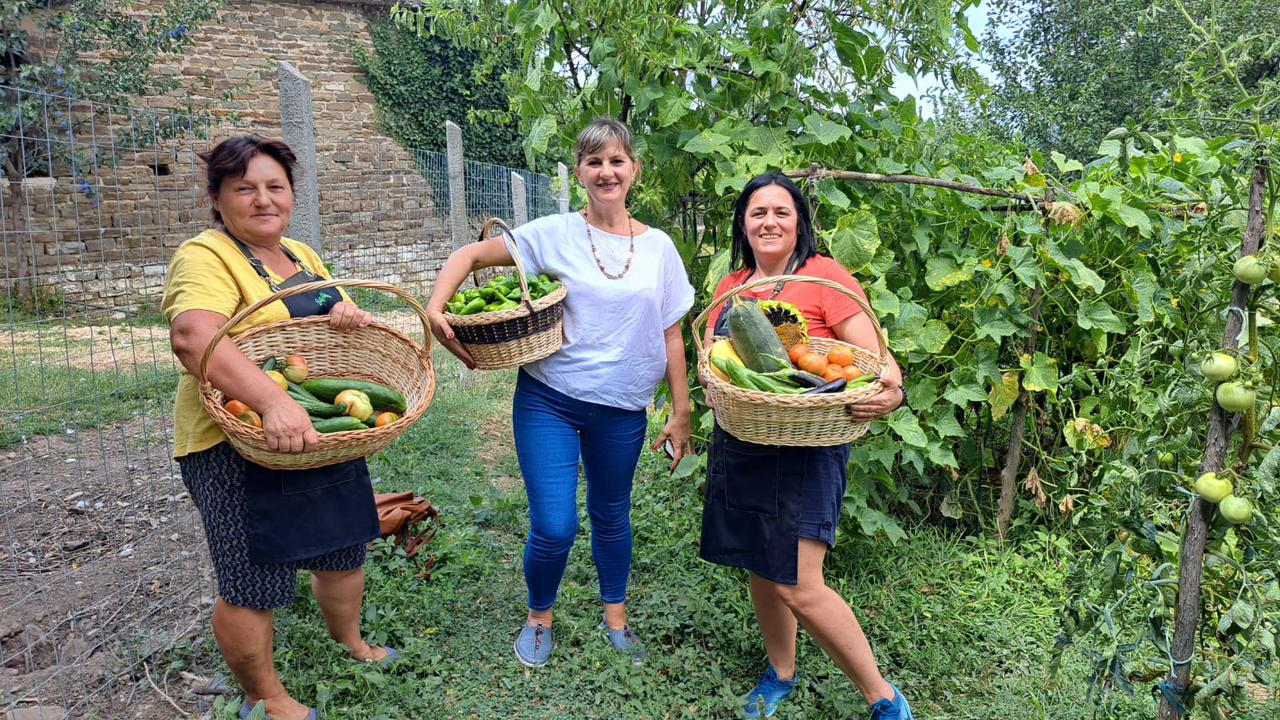Credible Benchmarking of Sustainability Standards
To achieve more responsible and sustainable supply chains, governments and companies are using a range of voluntary standards or similar business tools. However, not all sustainability standards, certifications
and supply chain tools are equal. To ensure effectiveness and greater impacts, ISEAL is developing and consulting on a practical manual for how governments can leverage credible supply chain tools and approaches.
National and international efforts are increasingly incentivizing companies to look at the sustainable and responsible management of their operations and supply chains. From ‘hard’ legislation on issues such as modern slavery or illegal timber to a range of ‘soft’ policies and incentives such as public procurement, governments are actively seeking to steer and support more and better corporate action. From their side, companies are already widely using third party standards and certification systems to address a range of social and environmental issues. To bridge the gap between public policy and market driven solutions, and enable an effective ‘smart-mix’ of interventions, policy-makers need to ensure only credible supply chain efforts and tools are recognised and rewarded.
In order to connect government policy to business practice, policy-makers need clarity on which business approaches are credible and which are not. This is often determined through a benchmarking and recognition process that assesses and qualifies different standards, certifications or other business approaches. However, current practices differ widely, not only between policies or governments, but also between similar benchmarking initiatives by the private sector or non-profits. To create an understanding of good practice and ensure better alignment, a global dialogue is needed that convenes policy- and business tool-experts. In a first stage ISEAL commissioned several research projects to map out current practices of recognising and integrating sustainability tools into policy frameworks. In 2019, ISEAL will carry out a global consultation, bringing together key stakeholders to discuss how public policies can recognize market-driven business tools, and what best practices can be used. The consultation will cover the recognition and benchmarking of both voluntary sustainability standards (VSS) and other mechanisms and provide a framework that governments and companies can use. The final product will be a practical manual and guide for governments to be used in policy design, which will help stimulate the design of advanced smart-mix policies for sustainable production and consumption. The project has just started. It aims to ensure effectiveness and greater impacts, by developing and consulting on a practical manual for how governments can leverage credible supply chain tools and approaches.


